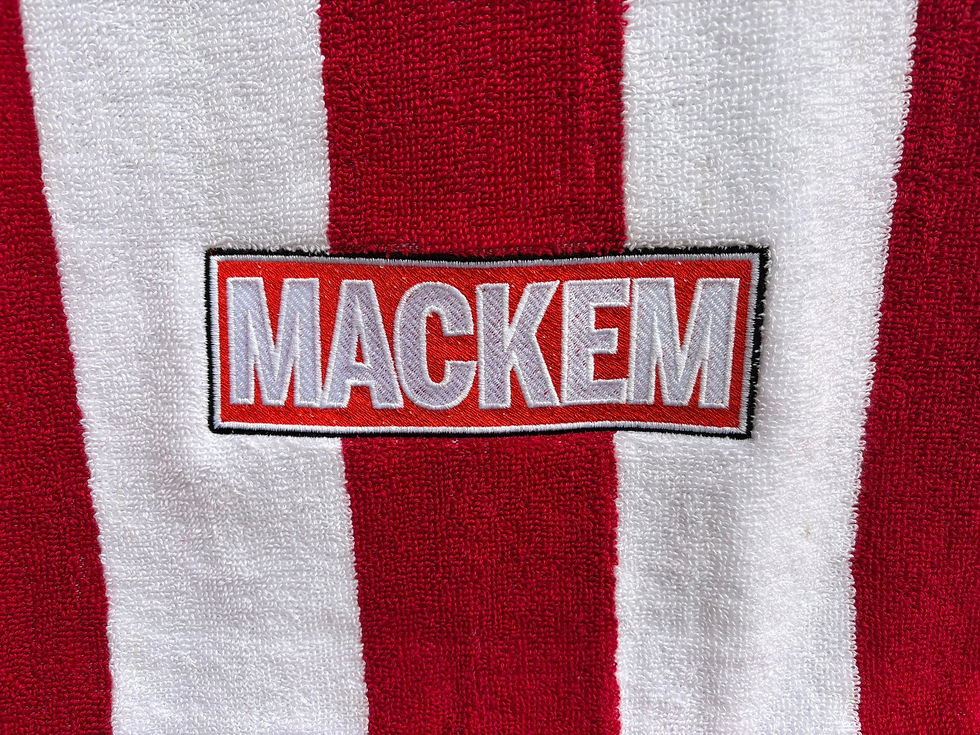SUPERIORITY
- BY JACK SPENCER
- Jul 4
- 2 min read

Sunderland AFC stands as a shining example of footballing tradition, community spirit and historical achievement, particularly when compared to their long-standing rivals, Newcastle United. While football rivalries often spark passionate debate, there are numerous compelling reasons why Sunderland can be considered the superior club; from their rich history of on-field success to their deep-rooted community values and moral leadership.
Historically, Sunderland boasts a more impressive record in the top flight of English football. The club has secured six First Division titles, a notable accomplishment that places them among England’s historically elite clubs. In contrast, the Mags have managed a measly four top-flight titles. Sunderland’s famous 1973 FA Cup win over Leeds United remains one of the most iconic upsets in the competition's history, symbolising grit and determination. We’re not discussing the League Cup here as it is nowhere near as noteworthy.
However, trophies only tell part of the story. What truly sets Sunderland apart is its incredibly loyal and passionate fan base. Even during difficult periods — including relegations and financial challenges — Sunderland fans have consistently shown unwavering support for their club. The Stadium of Light regularly sees impressive attendance figures, even in lower divisions, reflecting a fan culture that prioritises devotion over glamour. This is perhaps best encapsulated by the widely sung chant “Sunderland till I die,” which has also inspired a critically acclaimed Netflix documentary that showcases the emotional bond between the club and its supporters.
Sunderland's commitment to the local community further exemplifies the club’s values. One powerful example is the club’s ongoing support for the Bradley Lowery Foundation. The heartfelt friendship between young Bradley and former striker Jermain Defoe captured the hearts of the football world, and Sunderland’s continued involvement (including donating an executive box to the foundation and fundraising initiatives like donating £1 from every ticket sold following Defoe’s return) shows the club’s dedication to causes greater than football. These acts underline Sunderland’s deep-seated commitment to compassion, morality, and local pride.
In contrast, Newcastle United has faced growing criticism in recent years, particularly surrounding its controversial ownership. The club's acquisition by the Saudi Arabian Public Investment Fund raised serious ethical questions due to concerns over human rights abuses in Saudi Arabia. Many critics argue that this state-backed financial takeover undermines the integrity of the sport. Ironically, Newcastle fans who once criticised the heavy financial backing of other clubs have now embraced similar wealth, drawing accusations of hypocrisy. Celebrity “fans” who claim to be socially aware are also happy to appear in Saudi promotional videos and turn a blind eye when it seems to suit them best. While Newcastle has enjoyed an influx of cash and rapid on-field improvement, many argue this success is not earned in the traditional sense, but rather bought. It’s a concept that runs counter to the ideals of fair competition and club heritage.
In sum, while football debates often dwell on league tables and transfers, Sunderland’s superiority over Newcastle lies deeper: in a proud legacy of achievement, an unshakeable bond with its fans, strong moral values, and a community-first ethos. Sunderland may not currently sit at the top of English football, but in terms of heart, history, and honour, they remain second to none.




















































